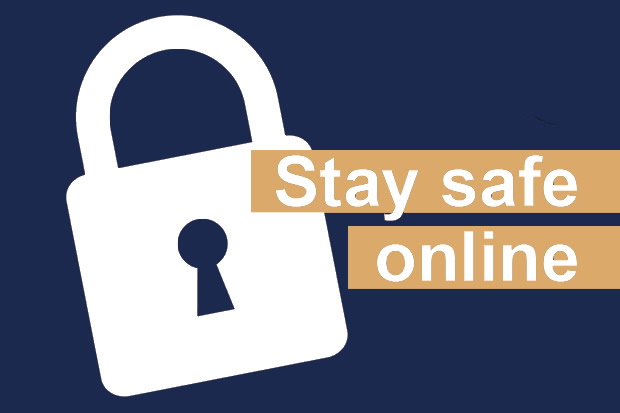Here are some tips on how to keep your students and yourself safe within social network sites. Which advice would you give to your students?
- Personal contact details (address or phone number etc.) - Remember, people you meet online aren't necessarily who they say they are and images they post may not be of themselves. It's very easy to create a fake online identity, so never agree to meet people or share your personal contact details with them.
- Know how to block people - Most social network websites have some means to block access to people you don't like or who you feel are harassing you. Be sure you know how to do this.
- Understand privacy settings - Make sure you understand the privacy settings and how to control who can see and access your information within the network.
- Third party games and applications - Many social networks allow other companies to market games and applications through their sites. When you sign up to use these they have access to some or all of the information you have posted within the network. Make sure you know what information they share about you and your friends.
- Inappropriate behaviour - Most social network websites have some means to 'flag' or report any inappropriate behaviour or images etc. which are posted there. Make sure you know how to use this.
- Who is your friend? - Check the profiles of any people who want to connect with you. Try to see if they are authentic, see if you have any friends or common connections. Think about why this person wants to connect to you.
- Be polite and tolerant of other people's beliefs - Social networks can bring you into contact with people from all over the world with a wide range of beliefs and cultures. Try to be tolerant of those beliefs and respect them as you would like them to respect your own beliefs. If you find you can't do this then break your connection to the person, but never be impolite or disrespectful to others.
- Who owns the content? - In some cases, when you share images or videos etc. on a social networking site, they become the property of the network owner. This can give them the right to use your images how or wherever they please. Be sure to check the terms and conditions regarding content ownership before you sign up and make sure you are happy to comply.
- Your images - If you post images or videos of yourself, be aware of what other people might think of them (your mother, your employer, your teacher) or what you might think of them 5-10 or even 20 years from now. Once an image is published on the internet it is there forever even if you delete it from your profile.
- Images of other people - Many of your photographs may contain images of other people. Be sure you have their permission before posting these images, especially if they might find them embarrassing.
- Digital bullying - Harassment or bullying through social network sites or any digital medium can usually be traced back to the sender quite easily. Be sure to save any messages, report the person to the site administrator and if it continues tell a teacher, friend or person in authority.
- Provocation - Though it is unusual, some social media users can be impolite and at times threatening. Never respond to this kind of provocation, and particularly don't respond angrily.
- Support your friends - If you become aware that someone is being harassed or bullied online, be sure to support them. Tell them to save any messages they have received, block or unfriend the person, and report it to someone in authority.
- Behaviour guidelines and policy - Have clear guidelines on what kind of behaviour is and isn't acceptable and a clear policy for how any kind of breach of those guidelines will be dealt with. Make sure that both students and parents are aware of these guidelines and the policy and how to report any kind of abuse.
- Professional profiles - If you work a lot with students in social networks it may be useful to have a separate profile so that you keep your work and personal friends apart. You may also advise your students to do the same.
- Respect age restrictions - Never join or encourage others to join social networks if they are below (or above) the specified age. There is usually a good reason for the age limit.
There are a lot of rules and restrictions here, but remember that most people who use social networks never have a problem. Following these guidelines and encouraging students to think about them can ensure that they enjoy the educational potential that these sites offer, without encountering any of the possible problems that could arise.
Now, it is time to read this wonderful article written by Sunshine Behavioural Health about the Top Tips for Preventing Cyberbullying.









